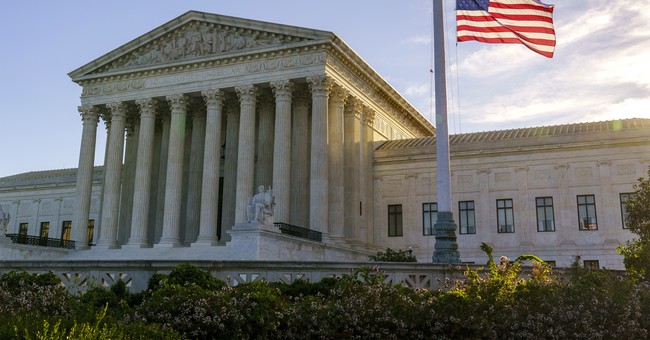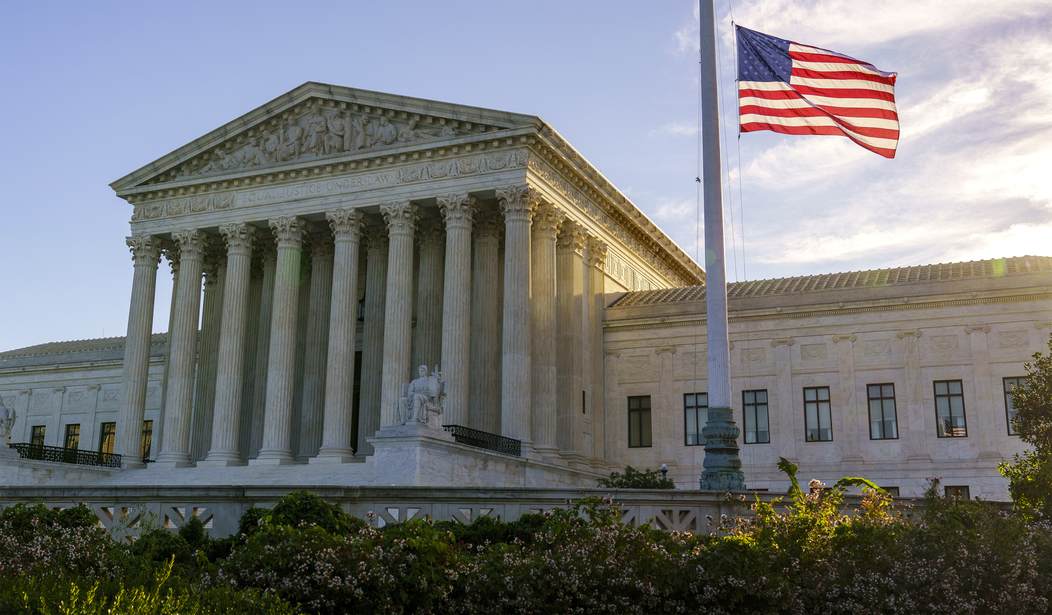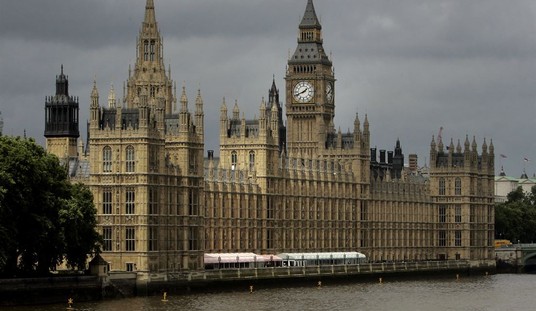
It may turn out that the summary “stay” orders that might be coming out of the Supreme Court regarding federal district court judges’ efforts to rewrite state election laws are really just the “warm-up” act for the real headliner — a review of the decision of the Pennsylvania Supreme Court that rewrote Pennsylvania’s election laws AFTER the Pennsylvania legislature refused to pass legislation making the same changes as was being urged on them by the Pennsylvania Governor.
The losing side in the Pennsylvania case has sought an emergency stay on the Pennsylvania Supreme Court’s decision from the US Supreme Court — SCOTUS hereafter to avoid confusion.
The SCOTUS Rules allow the Court to treat an application for an Emergency Stay as a petition to the Court to resolve the case on the merits. It appears that SCOTUS is poised to do that, as it has sought and obtained briefing on the merits from both sides, and both sides are urging SCOTUS to address the merits of the claims raised in order to resolve the legality of what the Pennsylvania Supreme Court has done now, rather than have further challenges happen on the same issues after the election, and maybe throw the outcome of the election into doubt — not just in Pennsylvania but in the Country.
Basically, SCOTUS is being urged to avoid another Bush v. Gore, where issues of Florida State election law and vote counting procedures were litigated after the election was concluded, with the outcome of the case impacting the manner in which the votes were tallied.
So what happened in the Pennsylvania Supreme Court, and what have the parties argued in their briefing to the SCOTUS?
[W]e grant relief on the claims set forth in Counts I, II, and V of the Democratic Party’s petition for review as follows and hold that: (Count I) the Election Code permits county boards of election to collect hand-delivered mail-in ballots at locations other than their office addresses including drop-boxes as indicated herein … (Count II) a three-day extension of the absentee and mail-in ballot received-by deadline is adopted such that ballots mailed by voters via the United States Postal Service and postmarked by 8:00 p.m. on Election Day, November 3, 2020, shall be counted if they are otherwise valid and received by the county boards of election on or before 5:00 p.m. on November 6, 2020; ballots received within this period that lack a postmark or other proof of mailing, or for which the postmark or other proof of mailing is illegible, will be presumed to have been mailed by Election Day unless a preponderance of the evidence demonstrates that it was mailed after Election Day; (Count V) the poll watcher residency requirement set forth in Section 2687(b) of the Election Code, 25 P.S. § 2687(b), is constitutional.
As is the case with the numerous federal court decisions changing state election laws, the justification for the Pennsylvania Supreme Court’s rewrite was the impact of COVID 19 on the ability of some voters to cast their ballots. But the situation is different in Pennsylvania in that the Democrat Governor, Tom Wolf, had urged the Pennsylvania legislature to make changes to Pennyslvania’s election laws ahead of the 2020 election that was much the same as those imposed by the Pennsylvania Supreme Court. But the Legislature, with Republican majorities in control of both Houses, declined to pass the legislation urged by the Governor.
In fact, the GOP controlled legislature considered changes to the election laws that would have been the direct opposite of the changes made by the Pennsylvania Supreme Court.
So one issue before SCOTUS is the propriety of the Pennsylvania Supreme Court stepping into the shoes of the Legislature and making changes to Pennsylvania election laws that the Legislature specifically declined to make.
While it might seem like the three-day extension for receiving mail-in ballots is the most pernicious aspect of the Pennsylvania Supreme Court’s decision, the much more egregious aspect of the order is the one establishing a “rebuttable presumption” with regard to the mailing date of a ballot that lacks a postmark or bears a postmark that is illegible with respect to the mailing date. The Court’s decision states that such ballots will be “presumed” to have been timely mailed unless there exists a preponderance of the evidence to show the ballot was mailed after election day.
How this is not a recipe to have sacks full of un-postmarked ballots being delivered to the doorstep of Pennsylvania election officials on November 6 is not explained. If there is a presumption that such ballots were cast on or before November 3, what evidence could be found on an unmarked ballot envelope to establish that was not the case? This presumption creates a de facto extension of the national vote from Nov. 3 to Nov. 6 in Pennsylvania.
If SCOTUS invalidates the Pennsylvania Supreme Court’s decision, it likely cuts-off every other line of attack being employed by Democrat party interest groups in trying to “game” the November 3 election under the guise that COVID 19 somehow makes all this imperative.
Allowing the decision to stand would provide fuel to the efforts of creative lawyers to tinker with election laws across the country in order to rig the election process in a way that favors their clients. Such an outcome would only lead to more Bush v. Gore cases, rather than eliminate them.















Join the conversation as a VIP Member